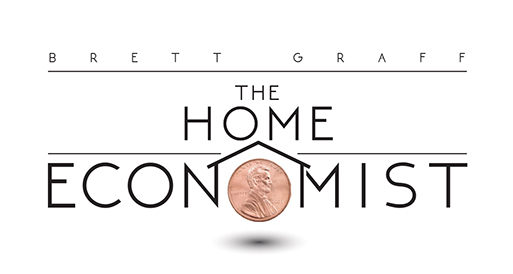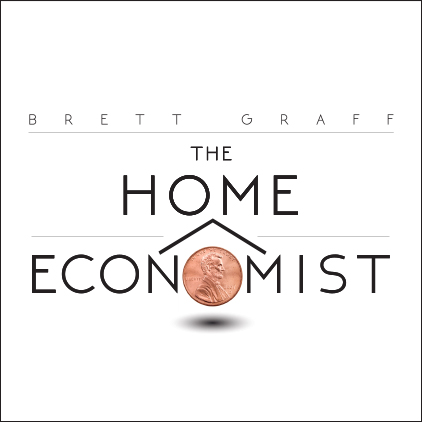You bet! There’s an easy secret economists use to read the real estate market and you can too. BY THE HOME ECONOMIST
Tara Reid, take notes from the real estate market because home-buying is making a com
eback! (And who among us could imagine that happening?)
But still, new home sales (those are properties freshly built, meaning one has ever lived in them before) went up and existing home sales (homes that are sold by their owners) at.
Thinking about buying but afraid to take the plunge? Office Economists have a way of measuring whether the real estate market is dangerous. Problem with that is Home Economists – that’s us – are the people who are buying homes.
So we need the scoop and it’s found in what’s called the Housing Affordability Index. Don’t let those words fool you, it tells you whether the market is affordable or overpriced. Period.
First, we’ll give you the number and then, below that, the information on how to understand the number.
Housing affordability Index
CURRENT = 185
So what? Basically, the lower the index (below 100) the less affordable the homes. The higher the index, the more affordable – and 185 is pretty high. Here’s the scale:
INDEX OF 110 AND LOWER:
BUYERS: Stay away – I repeat, stay away — from the closing table. Readings of 110 or lower signal that the real estate market is very expensive and prices are peaking or close to peaking. These peaks are not unlike career peaks or sexual peaks in that they’re typically followed by depressing descents that may in fact pick up one day, but feel horribly long at the time. Spending $300,000 — every month if you have a mortgage — for a home worth $200,000 won’t make you happy.
SELLERS: Expect to get top-dollar for your home so if a good offer comes, take it. Don’t get overly greedy because in the past proves, these high prices will not last forever. Perhaps – perhaps — they’ll get a little higher next month. But no one lost money taking a profit, and you’ll kick yourself for missing this market. Speaking of profits, take yours to a financial advisor and park them someplace other than property for now: Homes are expensive and likely to get cheaper. Until then, consider renting or even — yes, it’s this serious — moving in with your mother-in-law.
INDEX OF 120 TO 130:
BUYERS & SELLERS: This is the – yawn — most comfortable market. Buyers should find fair prices and sellers should be able to pocket solid profits. Forces don’t overly favor either party so barring any below the belt dealings; no one has an unfair advantage.
INDEX OVER 140:
BUYERS: The index implies that home prices and mortgage rates are low. When the index is 140 and higher, it usually means the economy is littered with laid off workers or bankruptcies. But if you have a job and some cash, it’s the kind of home-buying opportunity that’s ideal for first-time or vacation home shoppers. But if buying a home now means also selling one, you might want to sit tight.
SELLERS: With prices so low, you’ll want to try to avoid selling in this market. If you have no choice, make sure you hire the toughest Realtor in town, one who can boast about a strong and swift sales record.








Leave A Comment